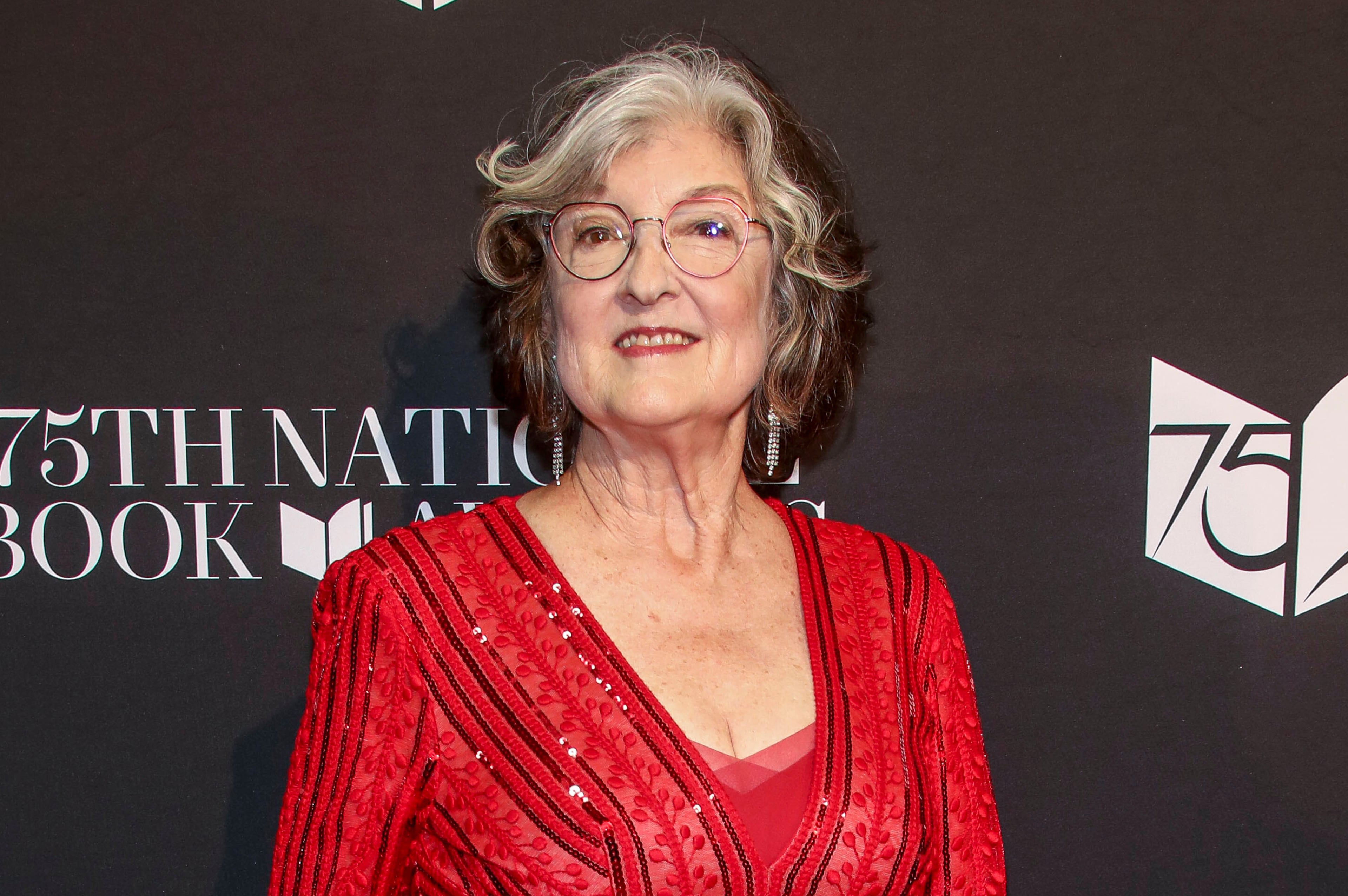Bookshelf: Georgia Author of Year Awards honor local writers

Atlanta author Anthony Grooms, formerly a professor at Kennesaw State University and director of its masters in professional writing program until his retirement in 2022, has been bestowed with the Lifetime Achievement Award by the Georgia Author of the Year Awards (GAYA). The winners were announced on Facebook earlier today.
Grooms is a two-time winner of the Lillian Smith Prize for Fiction, a finalist for the Legacy Award from the Hurston-Wright Foundation and a Fulbright scholar. His books include “Bombingham,” a 2002 novel about two young friends who come of age witnessing the violence of the civil rights movement in Birmingham, and “The Vain Conversation,” a 2018 novel about a young boy who witnesses the lynching of two Black couples and struggles to come to terms with it as an adult soldier fighting in the Vietnam War.
Mark Beaver won a GAYA in biography for “The Ballad of Karla Faye Tucker” (University Press of Mississippi, $22), which blends elements of memoir into the true story about the religious conversion of a woman sentenced to die for the brutal ax-murder of two people in Texas.
For literary fiction, the winner is Rahad Abir, author of “Bengal Hound” (Gaudy Boy, $19), a novel set in the 1960s during a tumultuous time in Pakistan, which was still reeling from the Indian Partition. A university student is swept up in the Bengali liberation movement and complicates his life by marrying a Muslim woman from his village.
The winner for first novel is Jeffrey Dale Lofton for “Red Clay Suzie” (Post Hill Press, $18.99), about a young gay boy with a misshapen chest growing up in rural Georgia who has his resilience tested as he navigates a series of life-shattering events.
Vanessa Riley won in the mystery/detective category for “Murder in Drury Lane” (Kensington Books, $27), a Regency era whodunit that explores England’s underground abolitionist movement.
In the category of memoir, John Blake won for “More Than I Imagined” (Convergent Books, $27). Subtitled “What a Black Man Discovered About the White Mother He Never Knew,” it’s about growing up mixed race in a negligent, motherless household in West Baltimore.
And Daniel Black won Specialty Book for his essay collection, “Black on Black: On Our Resilience and Brilliance in America” (Hanover Square Press, $27.99).
Additional winners include “Tender Headed” by Olatunde Osinaike for poetry full-length collection; “A Laird without a Past” by Jeanine Englert for romance; “Into the Light” by Mark Oshiro for young adult; “Oconaluftee: The History of a Smoky Mountain Valley” by Elizabeth Giddens for history; “You So Black” by Theresa Tha Songbird Wilson for children’s book; “Life of the Mind” by Julia Caroline Knowlton for poetry chapbook; and “Captured By Love” by Lee Ellis for inspirational.
Managed by the Georgia Writers Association, the annual Georgia Author of the Year Awards are open to authors who lived in Georgia when their book was written and/or nominated. Anyone can submit a book for nomination, and self-published books are permitted. Winners are selected by the previous year’s winners in their respective categories.
This year’s awards presentation coincides with the appointment of new leadership. Kennesaw University professor Gregory Emilio replaces Garrard Conley as director of the Georgia Writers Association and Georgia Author of the Year Awards.
Emilio is a poet and essayist with a Ph.D. in creative writing and literature from Georgia State University. His first collection of poetry, “Kitchen Apocrypha” (Able Muse Press, 29.99), was published in April.
He’s only been on the job for two weeks and is just learning the ropes, but there is one thing he’s already eager to change.
Before the pandemic, the awards were presented at a gala event, but they’ve been virtual ever since.
“My big picture change that I’d like to implement for GAYA is to return to an in-person event,” he said.
Suzanne Van Atten is a book critic and contributing editor for The Atlanta Journal-Constitution. She can be reached at Suzanne.VanAtten@ajc.com.


